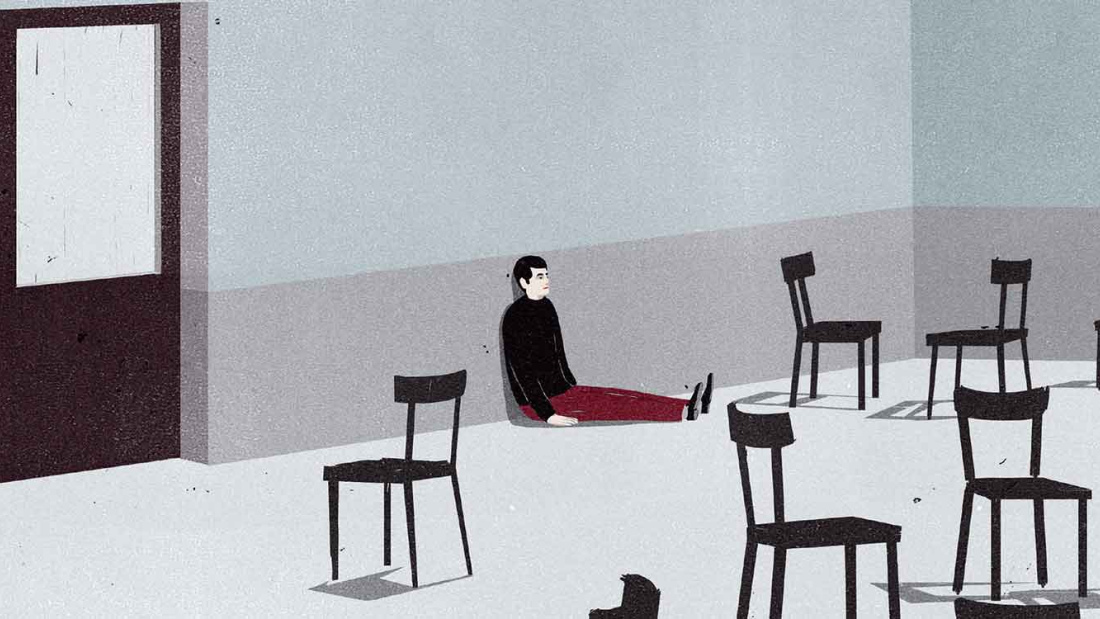Developing an Ethics of Education

Educators at every level — from classrooms to districts to state leaders — face ethical dilemmas every day. The decisions they make about how to handle these challenges have real-life consequences for students, families, and their communities. But unlike other professionalized fields, the ethics behind this decision making are not as clearly mapped.
The emerging field of educational ethics — with leadership from Professor Meira Levinson — shines a spotlight on the dilemmas facing educators and policymakers.
Educational philosopher Meira Levinson has led the development of the emerging field of educational ethics. She has written about moral predicaments in schools, provided professional development and frameworks for educators to help familiarize them with discussions around ethical decisions, and founded the Justice in Schools Project to help educators and policymakers ask questions, develop case studies and language, and consider multiple perspectives to guide the new field. With colleagues from Harvard’s Edmond J. Safra Center for Ethics, Levinson will host a field-launching conference on educational ethics in the 2020–2021 academic year.
In asking policymakers and educators to consider what makes a decision or policy the “right one,” Levinson knows that they will often bump up against controversial topics and polarized political beliefs. “Right now, our conversation in the United States about education policy and practice is so polarized, and so dismissive of the other side,” she has said. “Both wrap themselves up in the mantle of social justice, and they refuse to recognize that in fact, both sides may really care deeply about equity, opportunity, and social justice, and just have different ways to try to achieve those goals.”
The field of educational ethics, as practiced by HGSE faculty members across several areas of interest, often delves into these differences, to consider the broader applications of morality, inequality, and responsibility in education.
For example, the Making Caring Common Project at HGSE asks how parents and educators can ethically navigate the competitive field of college admissions together. And political theorist Danielle Allen, who heads the Safra Center, is considering the ways in which civics curriculum can foster important conversations about democracy, civic responsibility, and civic action — all while forming connections between people who may hold different points of view. “I think every major institution and sector whose purposes are intellectual and cultural needs to pursue a project of bridging,” Allen has said. “Research suggests that the more bridging ties there are in a given city or other geographical unit, the more egalitarian the outcomes are, along dimensions like health, education, and job-seeking.”
From the classroom to the policy arena, HGSE’s support of educational ethics initiatives and research remains dedicated to bringing people together and fostering conversations about the important choices educators make that influence the lives of the next generation of leaders. – Emily Boudreau
Learn More and Connect
Explore the Professional Education offering, Race, Equity and School Leadership.
Learn more about the Civic and Moral Education Initiative at HGSE.
Learn more about Harvard University's Justice in Schools project.
Listen to Meira Levinson on the Harvard EdCast discussing how to understand educational ethics.
